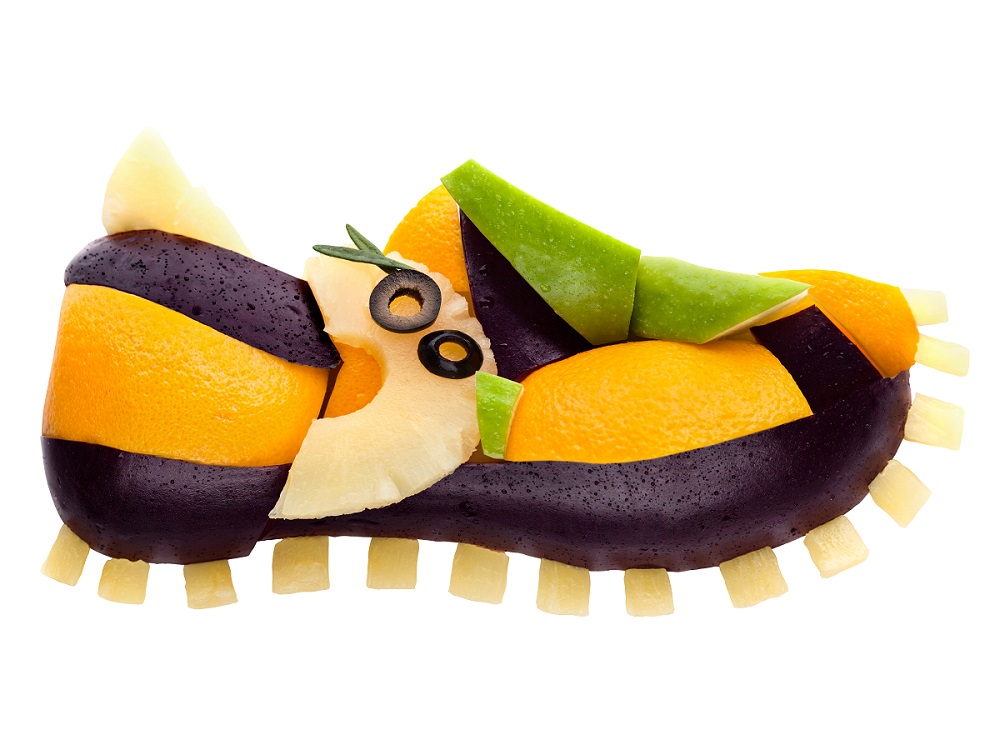What is being vegan?
According to the International Vegetarian Union, a vegetarian is anyone who follows a diet based on plant-based foods, with or without dairy products, eggs and/or honey. When we speak of vegetarian, we mean that no animal products are consumed. If milk, eggs or honey are consumed, a prefix is added to the concept of “vegetarian” to distinguish the different types of eating patterns: mixed or omnivorous, ovo-vegetarian, strict vegetarian, vegan, flexitarian.
What is the difference between vegetarian and vegan?
While vegetarians exclude from their diet any type of meat or fish-, vegans add to this the exclusion of any product of animal origin. That is, milk, eggs, honey, cheese, and butter. They also avoid objects and garments of animal origin
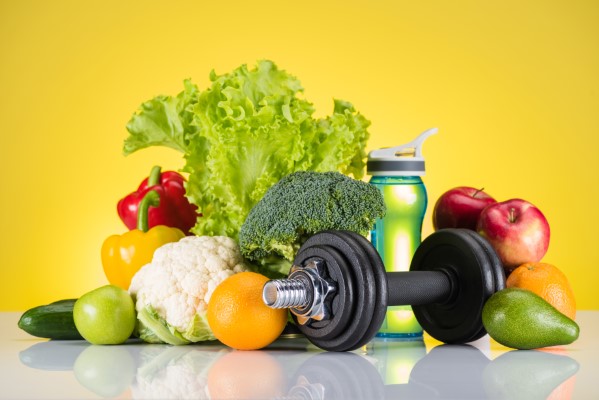
Is being vegan and an athlete compatible?
Whether a vegan diet offers advantages or disadvantages in physical performance remains an open question. This article does not pretend to solve this enigma, or take a position for or against a particular type of diet. In fact, many experts believe that there is no such thing as an ideal diet. The healthiest thing to do is to eat a diet that is appropriate and adapted to our needs.
When we hear of a vegan diet, we immediately associate it with nutritional deficiencies, protein insufficiencies and calorie restrictions.
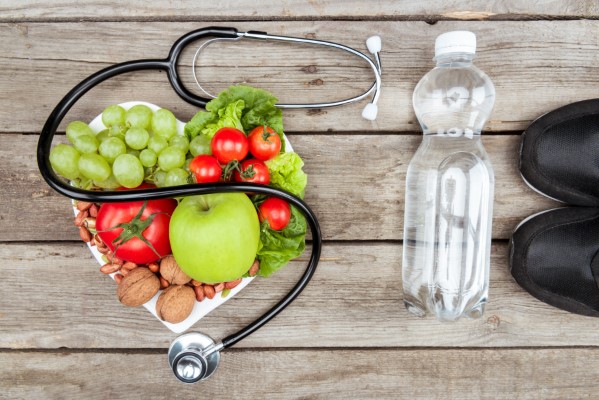
It has been scientifically proven that a diet based on plant-based foods has health benefits when compared to a diet rich in meat. Vegetarian diets have been associated with multiple health benefits and very significant protective effects: 25% lower cardiovascular incidence and mortality, 15% lower total incidence of cancer, lower cholesterol, lower blood pressure, lower risk of type 2 diabetes; in addition to being a suitable diet for the prevention and treatment of obesity.
Thus, it is clear that vegans who follow a sufficient and well-balanced diet are as healthy, if not healthier than omnivores.
The vegetarian diet is a good alternative for athletes of all sports, as long as it is well planned, rich in carbohydrates, provides sufficient protein and quality fat, as well as being high in antioxidants and stimulating the immune system.
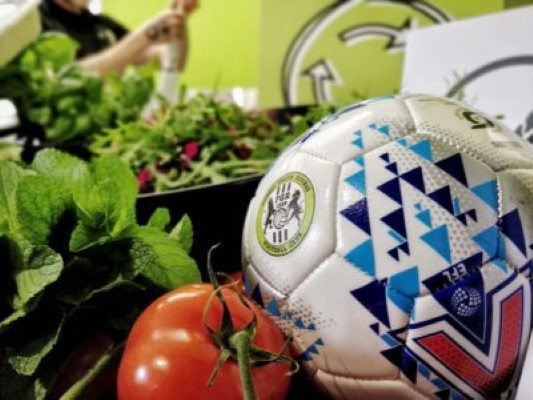
People think that veganism and sport cannot go hand in hand. But leading a vegan lifestyle is compatible with being an athlete as long as you plan your diet well to ensure the necessary intake of nutrients and vitamins.
Reducing or eliminating the consumption of meat or fish is not synonymous with not being well nourished or that your sporting performance will decrease. You can be an elite athlete by eating only plant-based foods.

A careful vegan diet can offer an athlete a high calorie and nutritional diet of equal or better quality than someone who is not a vegan.
Veganism Myths
One of the great myths that exists in veganism is that the protein ingested is not complete, which is false.
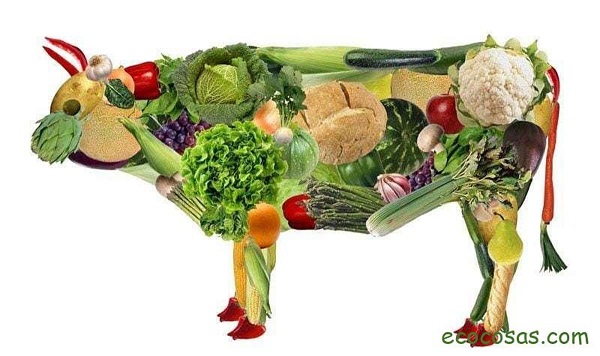
It should be noted that soya, quinoa or amaranth have all the essential amino acids that our bodies need. Soya provides more protein than meat (100g of soya would provide 36g of protein while 100g of beef would only provide 20g).
It is true that the rest of the protein does not contain all the essential amino acids, but it is possible to obtain it by combining it with pulses, nuts, or cereals.
Many top sportsmen and women have opted for a vegan diet, Sergio Agüero among them.
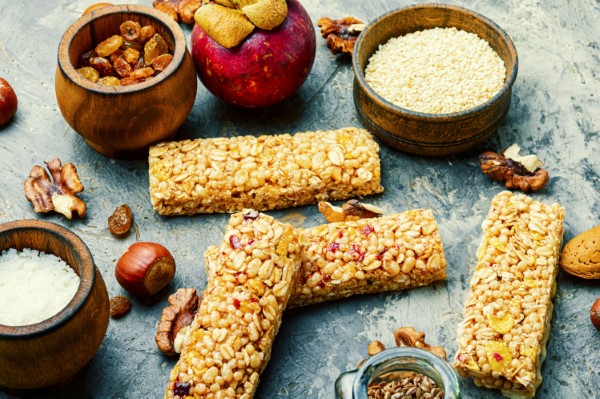
Can being vegan have advantages for an athlete?
Dani Badia, collaborating lecturer on the Master’s Degree in Nutrition in Physical Activity and Sport, points out that “the main advantage, as long as you follow the right guidelines and eat food and not products, is that it is a diet with a high content of phytochemicals, with interesting properties from a performance point of view such as antioxidant and anti-inflammatory properties of certain molecules”.

Example of a complete vegan diet for athletes
Breakfast
1 cup of soya milk with cereal.
2 slices of toast with jam and tahini.
Orange juice.
Mid-morning
Smoothie with: 1 banana, 1 cup soya milk and 1 tbsp honey.
Lunch
1 wholemeal pasta dish with a stir-fry of tofu, vegetables and cashew nuts.
Snack
Energy bar.
Dinner
2 veggie burgers with tomato and lettuce garnish and bread.
1 large piece of fruit.



